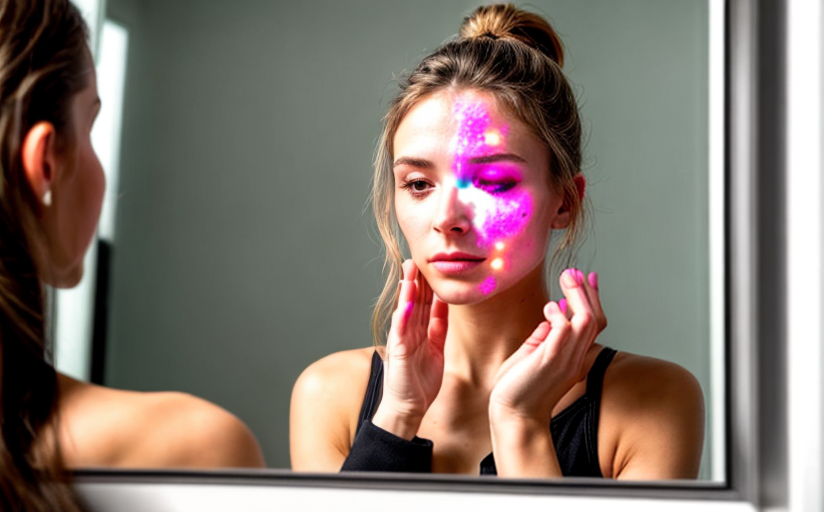Exploring the Connection: Skincare and Mental Health
The Psychological Dimensions of Skin Conditions
The link between the mind and physical health is no new revelation within scientific or medical communities. One aspect, however, that's recently gaining depth and understanding, is the nuanced correlation between mental health and skin conditions. Dermatological issues are frequently observed in tandem with mental health disorders. For instance, numerous studies indicate that chronic skin conditions like psoriasis and acne may trigger depression, anxiety, and a host of other psychological issues in affected individuals.
Impact on Mental Wellbeing
Mental distress caused by skin conditions is a multifaceted issue, fueled by societal beauty norms, self-image, and self-esteem issues. Individuals living with constant discomfort, visible blemishes, or scars may experience a significant drop in self-confidence which could eventually manifest as anxiety or depressive disorders. It's a cyclical struggle, as high stress levels can further exacerbate skin conditions, creating a feedback loop of physical discomfort and emotional distress.
Skincare: A Tool for Stress Management
Recognizing the interplay between skin and mental health, many experts advocate the regular practice of skincare routines not just for maintaining physical appearance, but also as an effective coping strategy for stress and anxiety. According to research, the act of applying skincare treatments holds a therapeutic value, which is akin to the relaxation experience associated with meditation or yoga. It lets individuals focus on the 'here and now', thereby helping reduce stress hormones in the body.
Skincare as a Form of Self-Care and Potential Use in Therapies
Skincare practices have also gained appreciation as constructive self-care rituals. Not only does skincare improve physical health, but the repetitive nature of the routines brings about a soothing and calming effect. Over time, these routines become expressions of self-love and self-respect. Therapists worldwide consider incorporating self-care routines into their treatment plans to foster self-compassion and improve overall mental wellbeing among patients.
The Holistic Health Approach
Theories supporting the link between mental health and skincare reinforce the urgent need for a more holistic approach to health and wellbeing. The mind-body connection becomes apparent, and addressing both as part of a comprehensive treatment plan can significantly improve the quality of life for an individual. Recognizing the role of skincare in the larger picture of mental health can be a transformative strategy in managing and preventing mental health disorders.
End Note
While this exploration of the therapeutic benefits of skincare is based on scientific research, it is important to be empathetic and sensitive towards individuals who are struggling both mentally and dermatologically. Everyone is unique and what works for one person may not necessarily work for another. Reach out to your healthcare provider before embarking on any self-care routine or therapy for professional advice.

















Comments
Leave a Comment